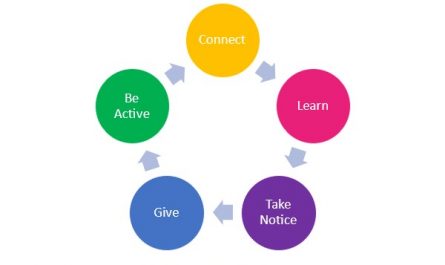Prolonged stress can have many negative effects on your health. Find out what happens when you are living with stress over a long period of time.
Often the first thing you become aware of is your heart starts pounding, your stomach feels like lots of tight knots, your muscles become tense, you are breathing a lot faster, you feel hot and sweaty and this can be happening several times in a day. If this is happening on a regular basis it can have an impact on your overall physical, mental, and emotional health.
There are three stages of stress as identified by Hans Selye, an endocrinologist which he called the General Adaptation Syndrome (GAS).
Hans Selye – founder of the stress theory https://www.ncbi.nlm.nih.gov/pmc/articles/PMC5915631/
The three stages are alarm, resistance, and exhaustion.
Alarm Stage
Occurs when you are under threat or frightened which is the ‘fight or flight’ response and you want to get out of a situation or protect yourself. Your body goes into full alert and releases stress hormones such as cortisol and adrenaline.
Resistance Stage
This stage occurs after the initial reaction to a stressful event and the ‘fight or flight’ response. Your body tries to adapt by reducing your blood pressure and heart rate. The body stays on high alert due to the continued stress. If the situation resolves and is no longer an issue, your body will repair itself and return to the way you were before the stressful situation.
When the stressful situations occur over a long period of time and your body continues to secrete the stress hormone plus your blood pressure remains elevated. You may think you are able to manage stress effectively, but your body’s physical response is having an impact. Should the resistance stage continue for a long period of time, this can lead to the next stage which is the exhaustion stage.
Exhaustion stage
This stage is “burnout” or overload phase. With continued impact of stress on your body leads to little or no reserves, which puts you at risk of disease. You may feel your situation is hopeless and ready to give up. Some of the signs of this stage are fatigue, burnout, depression and anxiety
The long-term impact of stress during this stage can impact on weakening the immune system leading to the risk of stress-related illnesses.
ACTIVITY TIP
Fill a glass full of water (alarm stage) and lift the glass and stretch your arm straight out in front of you (resistance stage) with the glass in it. Keep holding the glass until you can hold it no longer (Exhaustion stage). This is a good tip to let you know how the three stages can work on our body.
Should you have prolonged stress which is having an impact on your body – seek professional advice.




